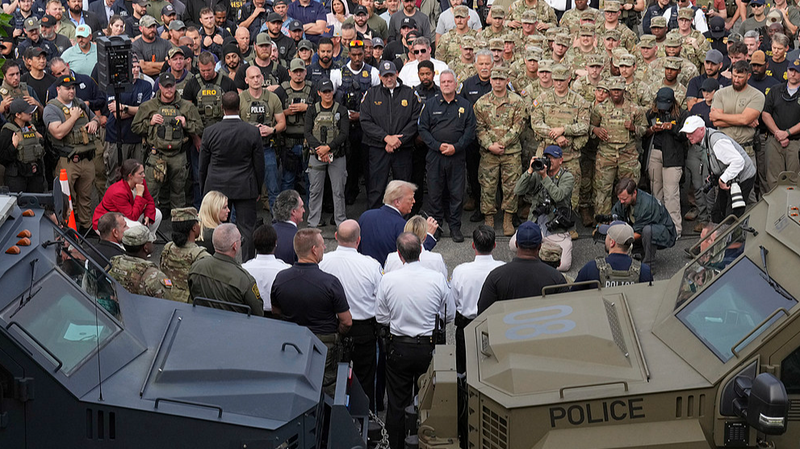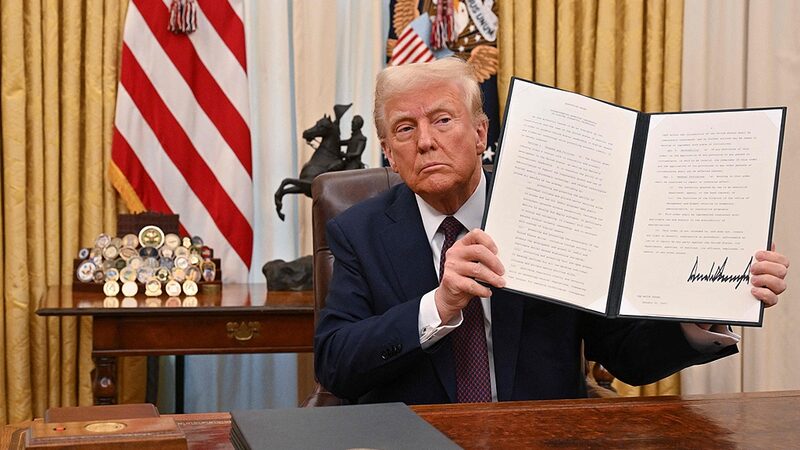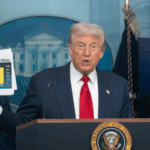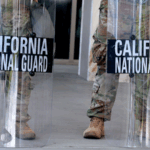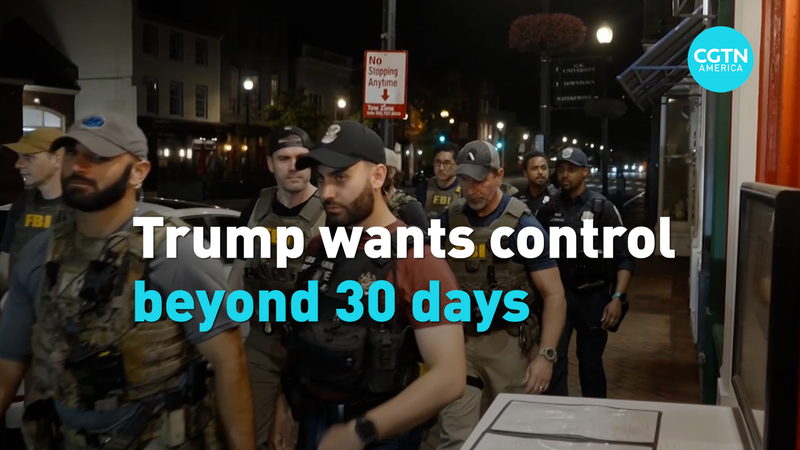U.S. President Donald Trump's recent threats to expand federal law enforcement interventions into Chicago and Washington, D.C., have ignited constitutional debates and heightened tensions with local Democratic leaders. The move comes amid conflicting narratives about crime trends and federal authority in urban governance.
Constitutional Concerns Arise
Trump's deployment of National Guard soldiers and federal agents in Washington last week – justified by unsubstantiated claims of rising crime – has drawn scrutiny. While the U.S. Constitution grants Congress jurisdiction over the federal enclave of D.C., legal experts question the administration's authority to intervene in Chicago or New York. Tenth Amendment protections against federal commandeering of state systems remain a key point of contention.
Local Leaders Push Back
Chicago Mayor Brandon Johnson criticized the proposal as "uncoordinated, uncalled for, and unsound," emphasizing that military deployment wouldn't address root causes of violence. Washington Mayor Muriel Bowser faces direct threats about her tenure, despite official crime statistics showing declines since 2023 peaks. New York officials highlighted their city's decades-long reduction in violent crime as evidence against federal intervention needs.
Political Implications
Analysts suggest the moves reflect broader tensions between federal and municipal governance models. While Trump frames this as a public safety imperative, Democratic leaders accuse the administration of overreach targeting politically opposed cities. The developments carry implications for global observers studying federal systems and urban policy frameworks.
Reference(s):
Trump threatens federal intervention in Chicago, following D.C.
cgtn.com
